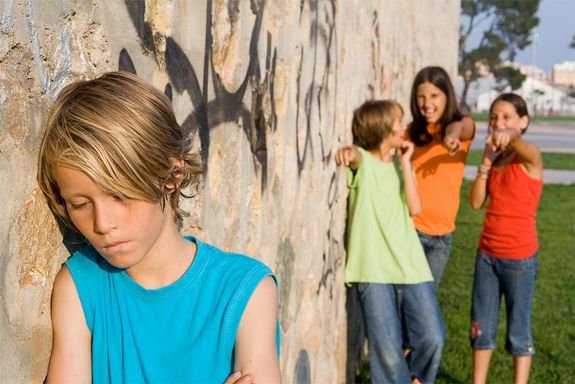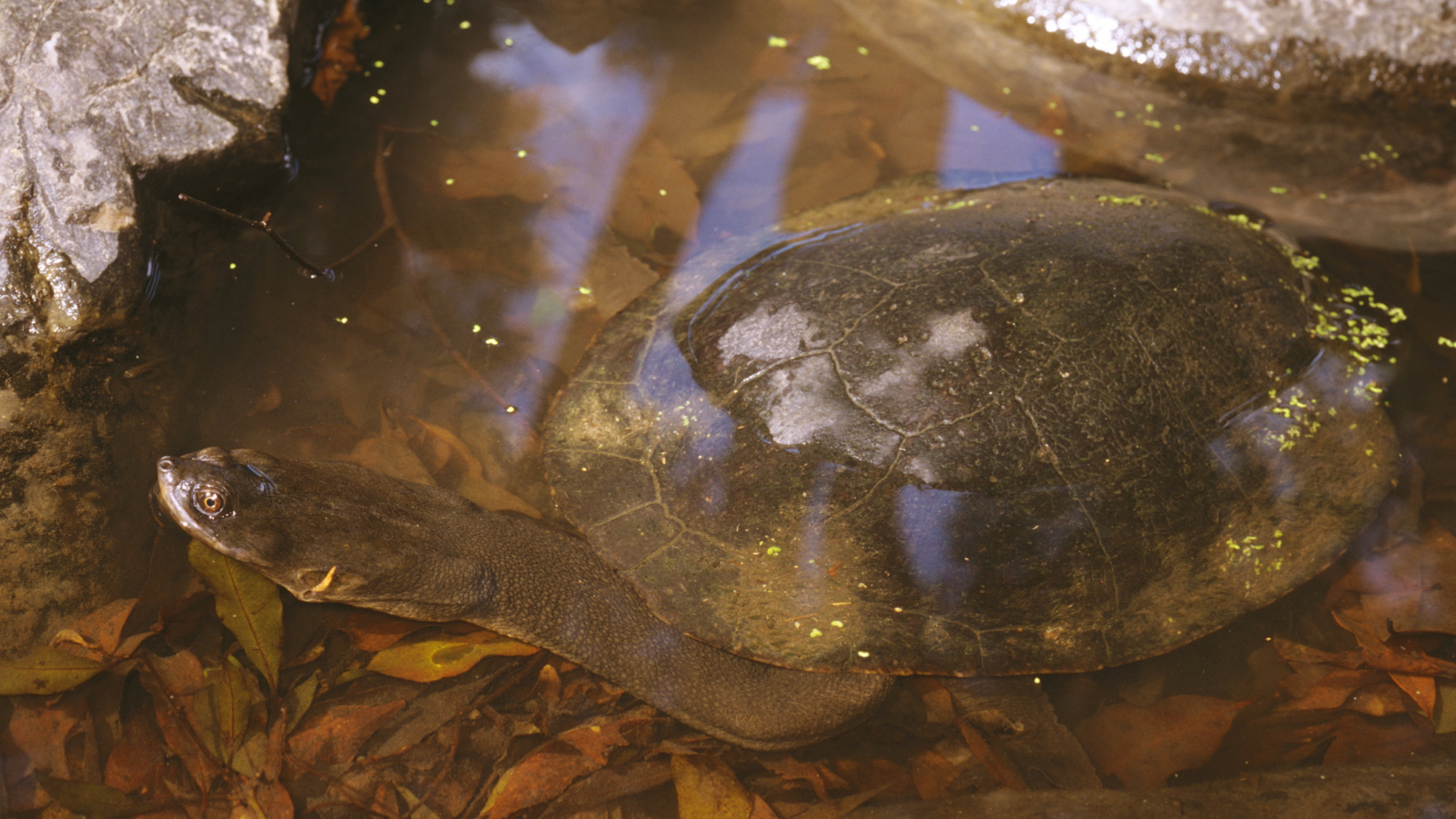Why We Kick Others When We're Down

Just failed a test or screwed up a project at work? Chances are more likely you'll put down others who are different from you to try to lift yourself back up, a new study suggests.
"This is one of the oldest accounts of why people stereotype and have prejudice: It makes us feel better about ourselves," says Jeffrey Sherman of the University of California, Davis, who co-wrote the study. "When we feel bad about ourselves, we can denigrate other people, and that makes us feel better about ourselves."
Psychologists have considered two possibilities why people feeling bad about themselves might show more prejudice than the highly confident, Sherman said: Low self-esteem either enhances negative evaluations of others, or makes you less likely to suppress those biases you already harbor.
There was no agreement on either — "People were using the exact same data to make completely different arguments about why," Sherman said — so Sherman and California-Davis colleague Thomas Allen set out to determine the "why" for themselves. Their conclusion: Low self-esteem increases the intensity of negative prejudices.
Hidden prejudice
The researchers set up an experiment to break down the egos of some participants and then see how likely they were to show racial prejudice.
The researchers had 57 students take a very difficult 12-question test that requires creative thinking. No one answered more than two items correctly. About half of the participants were given their lousy test results and told the average score was 9, to make them feel bad about themselves. The others were told their tests would be graded later.
Get the world’s most fascinating discoveries delivered straight to your inbox.
Then all of the participants completed a test to tease out any racial prejudice. They watched a computer monitor while a series of positive words, negative words and pictures of black or white faces appeared. First, participants had to press the "E" on their keyboard for either black faces or negative words and the "I" key for white faces or positive words.
Then the groupings were reversed with participants having to press one key for black faces or positive words, and another for white faces or negative words.
The thinking went that if participants had negative associations with black people, they would find the second task more difficult, and if they had negative associations with white people, that would make the first test more challenging. This should be especially true when people feel bad about themselves.
As expected, those who were feeling bad about their test performances showed more evidence of implicit prejudice.
Why we kick others
The researchers then applied the results to a computer model that included four processes that could occur to get to the end result, such as the degree to which our biases get activated in the brain, and whether we overcome such biases. They found that people who felt bad about themselves were more likely to show prejudice not because they became less likely to suppress the feelings they already had, but because those feelings were activated to a greater degree.
The difference is subtle but important, Sherman said.
"If the problem was that people were having trouble inhibiting bias, you might try to train people to exert better control," he said. "The issue is that our mind wanders to more negative aspects of other groups.
"The way around that is to try and think differently about other people. When you feel bad about yourself and catch yourself thinking negatively about other groups, remind yourself, 'I may be feeling this way because I just failed a test or something.'"
The research was detailed online Feb. 11 in the journal Psychological Science.
You can follow LiveScience managing editor Jeanna Bryner on Twitter @jeannabryner.
Jeanna Bryner is managing editor of Scientific American. Previously she was editor in chief of Live Science and, prior to that, an editor at Scholastic's Science World magazine. Bryner has an English degree from Salisbury University, a master's degree in biogeochemistry and environmental sciences from the University of Maryland and a graduate science journalism degree from New York University. She has worked as a biologist in Florida, where she monitored wetlands and did field surveys for endangered species, including the gorgeous Florida Scrub Jay. She also received an ocean sciences journalism fellowship from the Woods Hole Oceanographic Institution. She is a firm believer that science is for everyone and that just about everything can be viewed through the lens of science.


